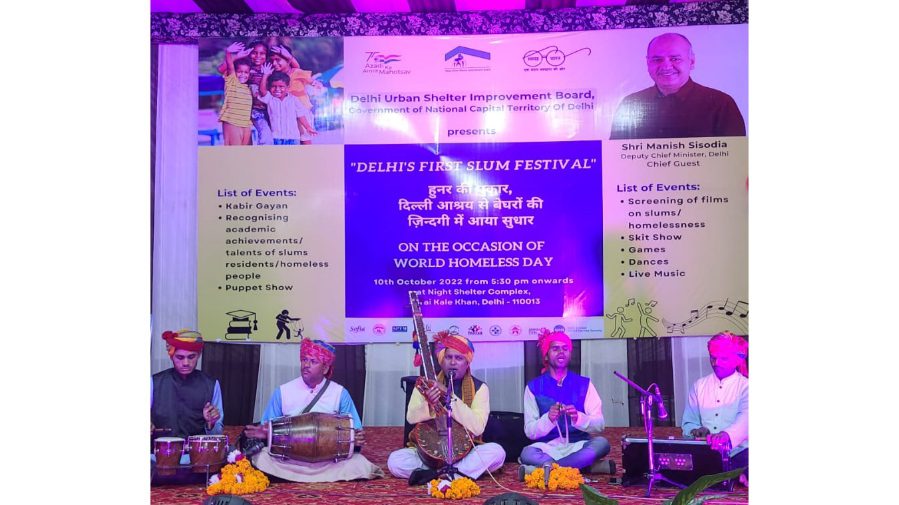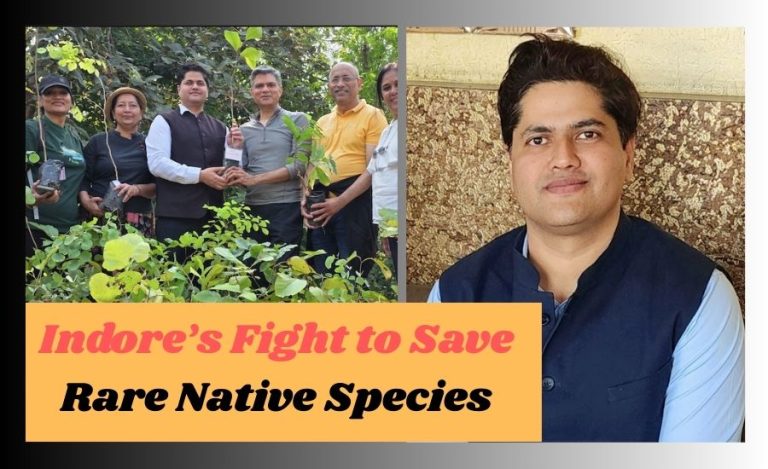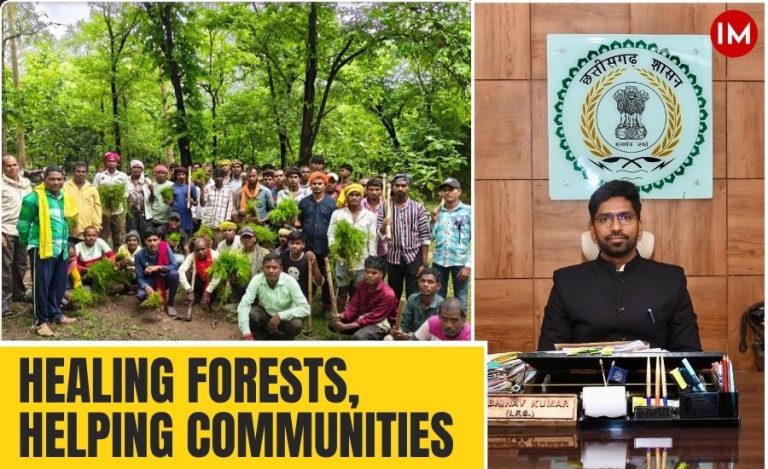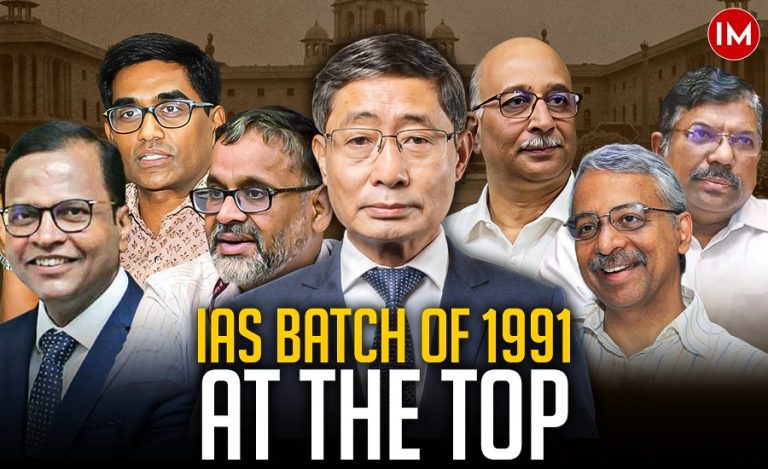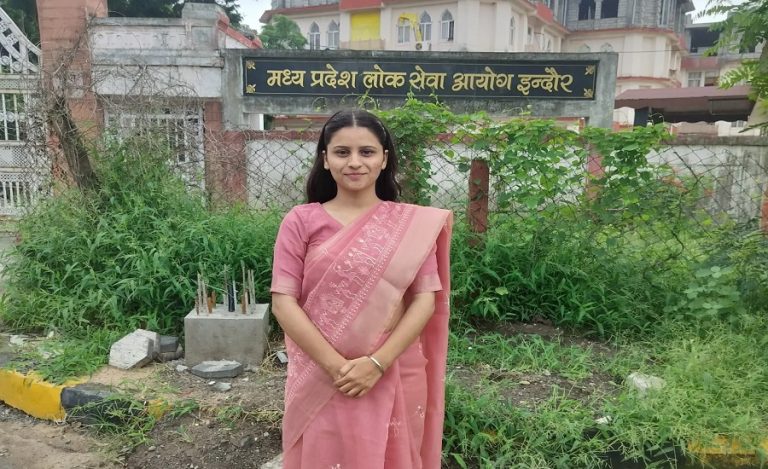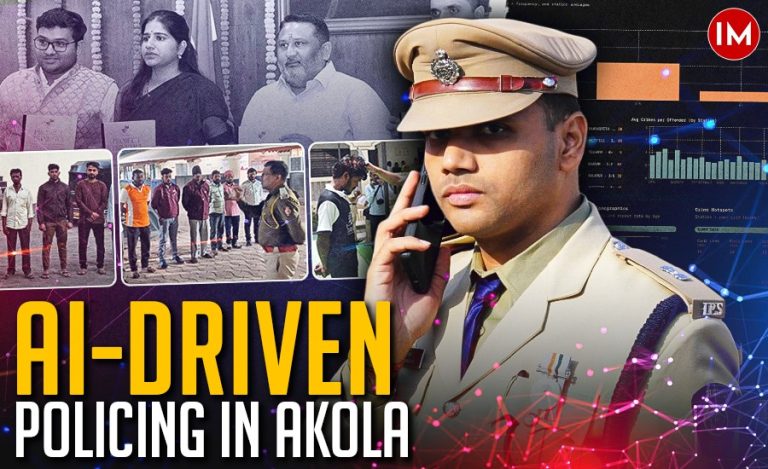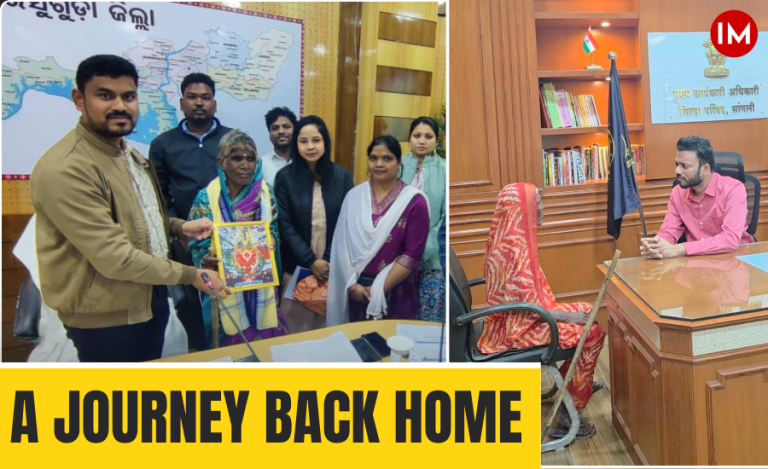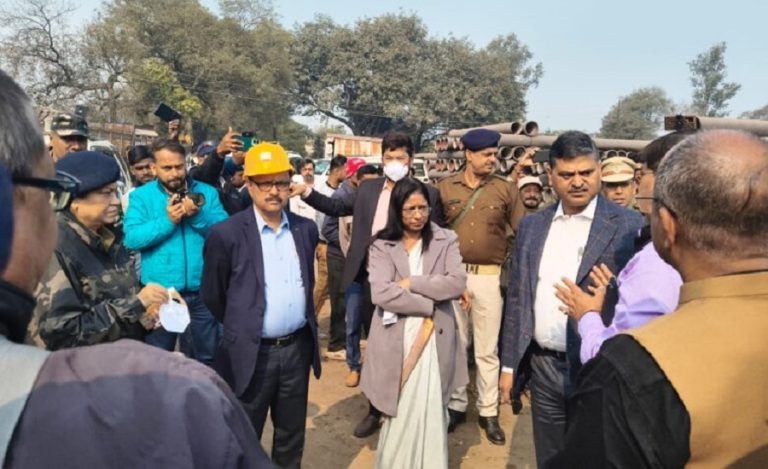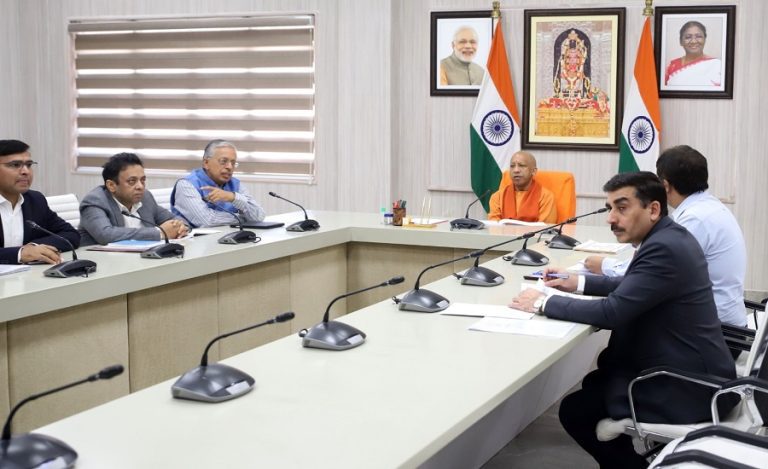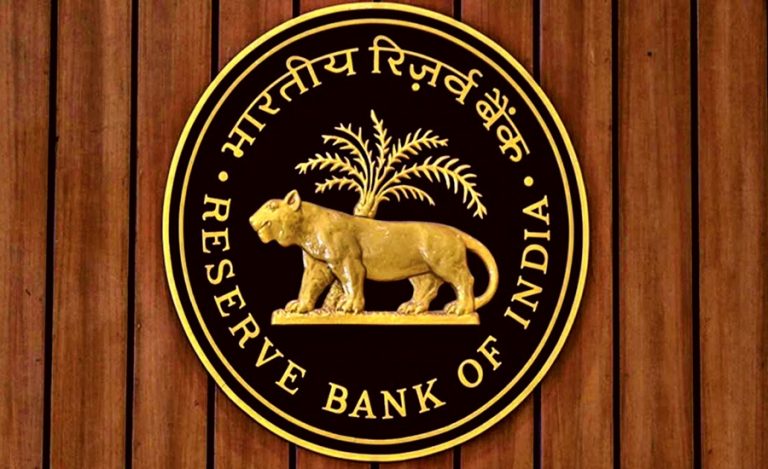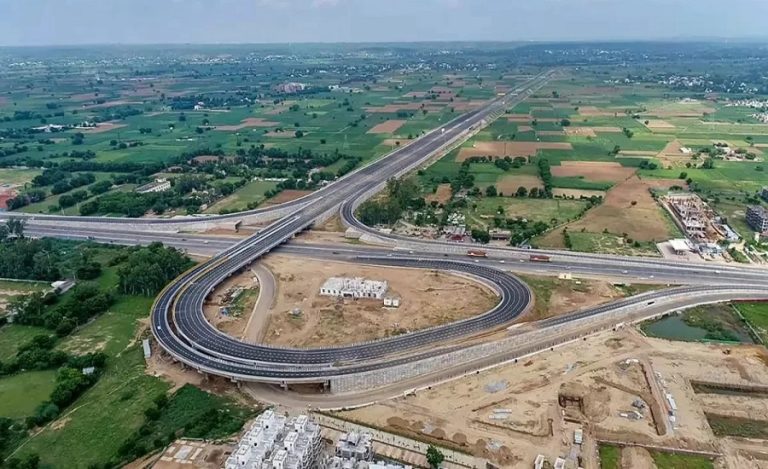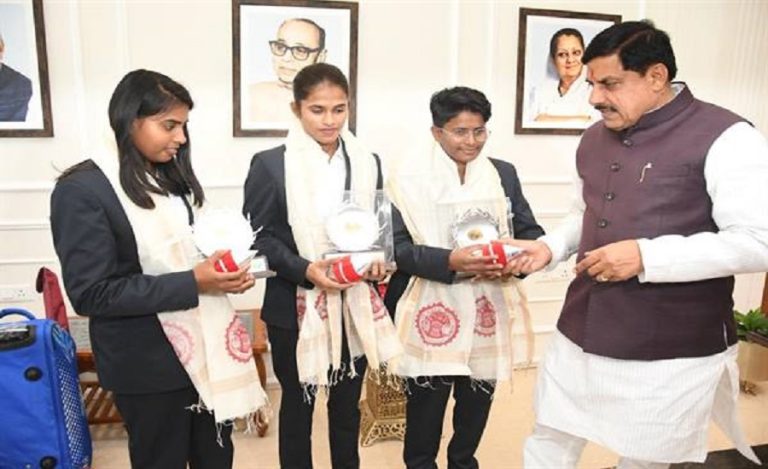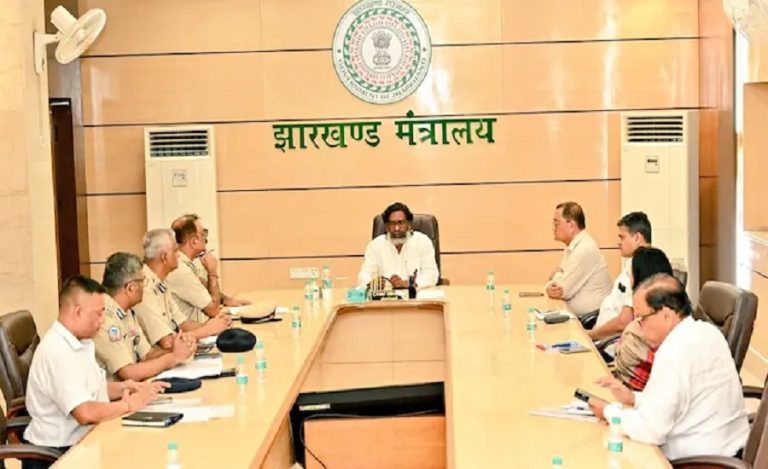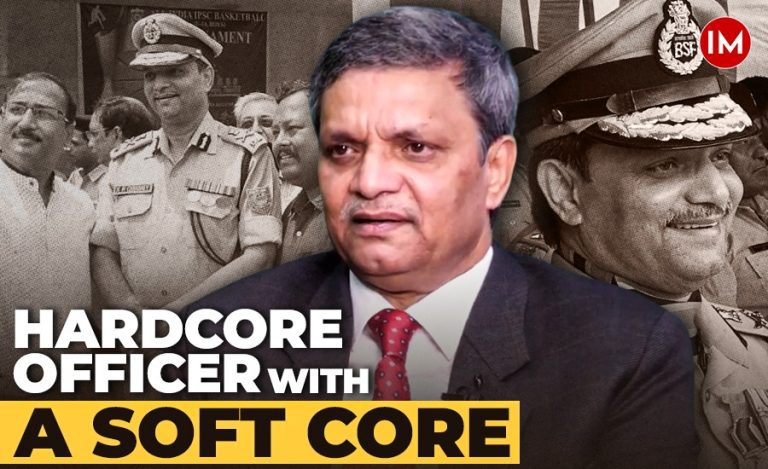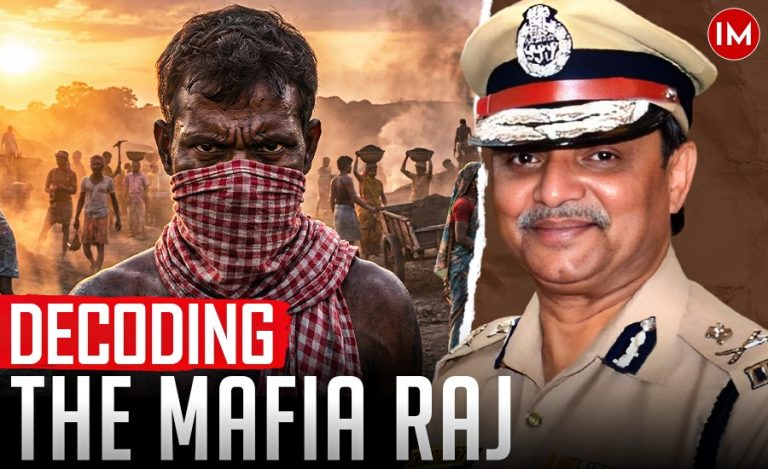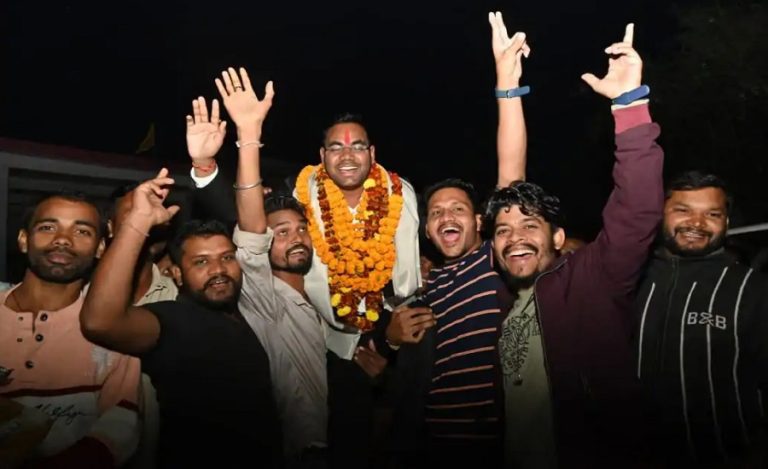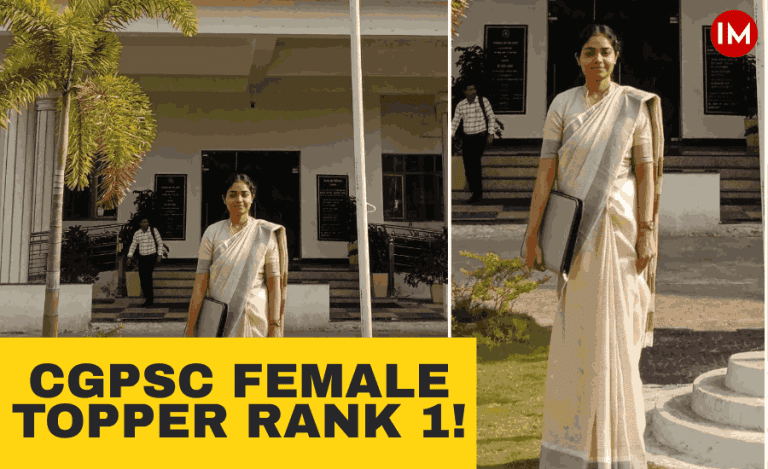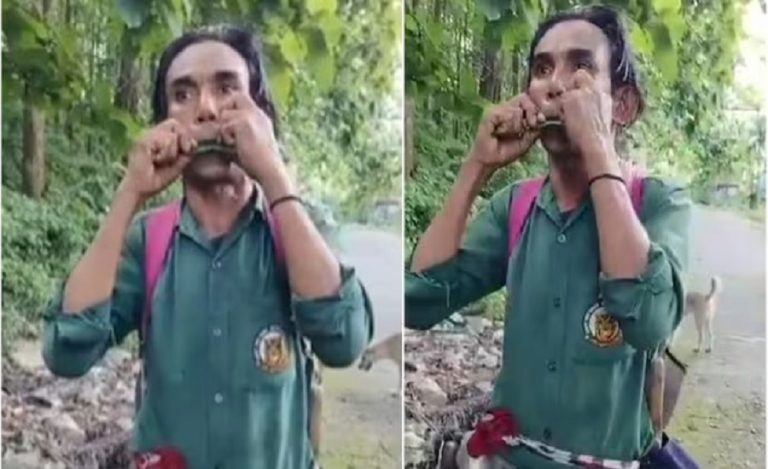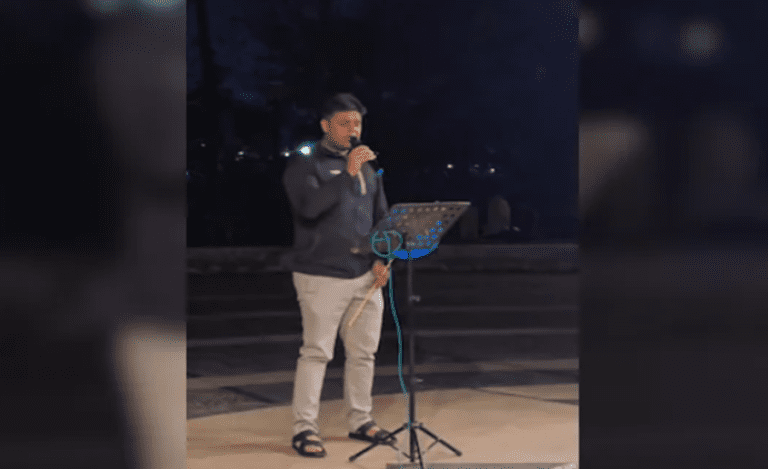A unique type of festival was held in Delhi recently that piqued the interest of many and drew them to the venue to see what’s it all about. It was the Slum Festival, and as the name suggests, it showcased the talents of the slum people, while at the same time bringing up the issues that they faced and the possible solutions.
The festival was organised on the occasion of World Homeless Day by the Delhi Urban Shelter Improvement Board (DUSIB) to provide a platform to the homeless people to showcase their talents, and also to give them an opportunity to learn and participate in various activities. The festival commenced on 10 October and came to an end on 16 October.
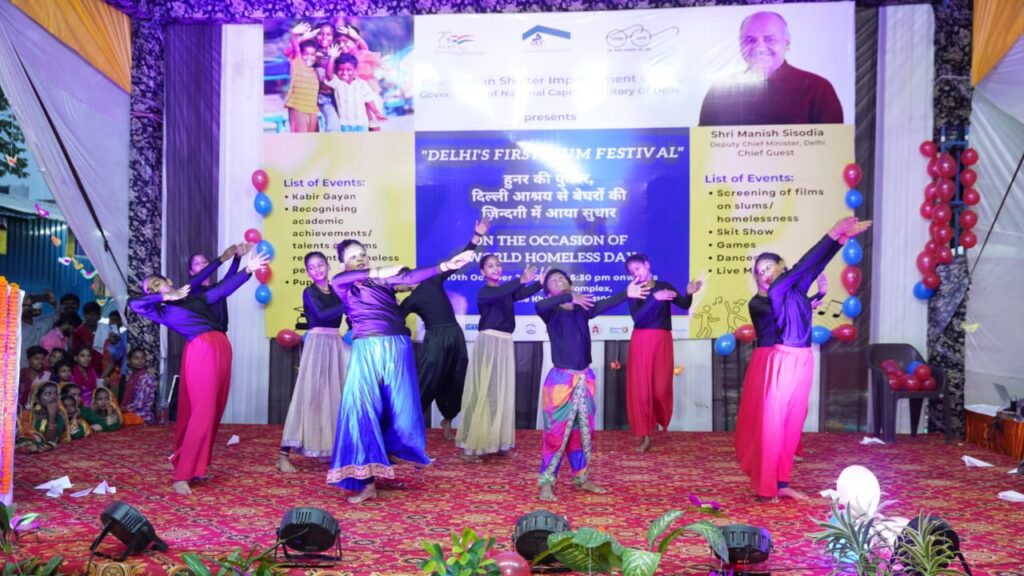
While speaking to Indian Masterminds, CEO, DUSIB, K Mahesh, IAS, shared details about the first slum festival in the national capital.
WORLD HOMELESS DAY
The concept of the World Homeless Day emerged from online discussions between people working to respond to homelessness around the world. The day was marked on the 10th of October, 2010, by the collaborators and Non-Governmental Organizations. The purpose of this day is to draw attention to the needs of the people who experience homelessness locally and provide opportunities to them.
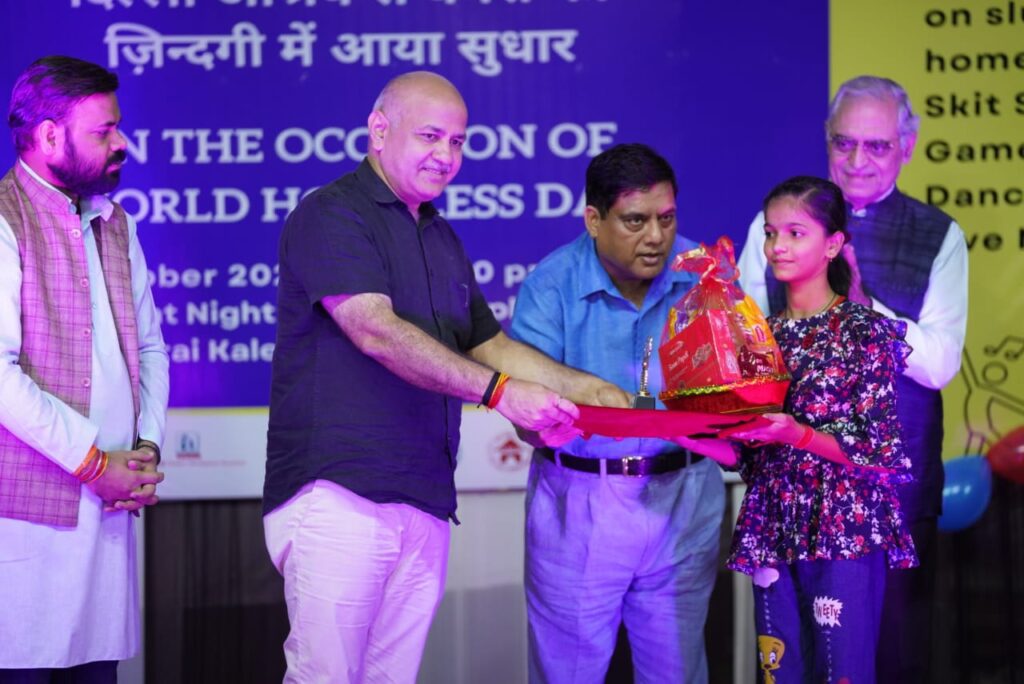
SLUM FESTIVAL
The motto of the Delhi’s first Slum Festival was to sensitise media and general public about the issue of homelessness and to provide a common platform for thinking over what should be the future course of action and how they can make things better.
The festival was organised based on two objectives, first was to sensitize the public and media regarding the issue of homelessness in Delhi. “Here, the homeless people reside mainly in two places, slums and night shelters. In slums, they don’t have access to basic amenities, though they can be called as people residing in homes. DUSIB is operating night shelters for homeless peoples wherein we give them place for temporary stay,” DUSIB CEO, K Mahesh said.
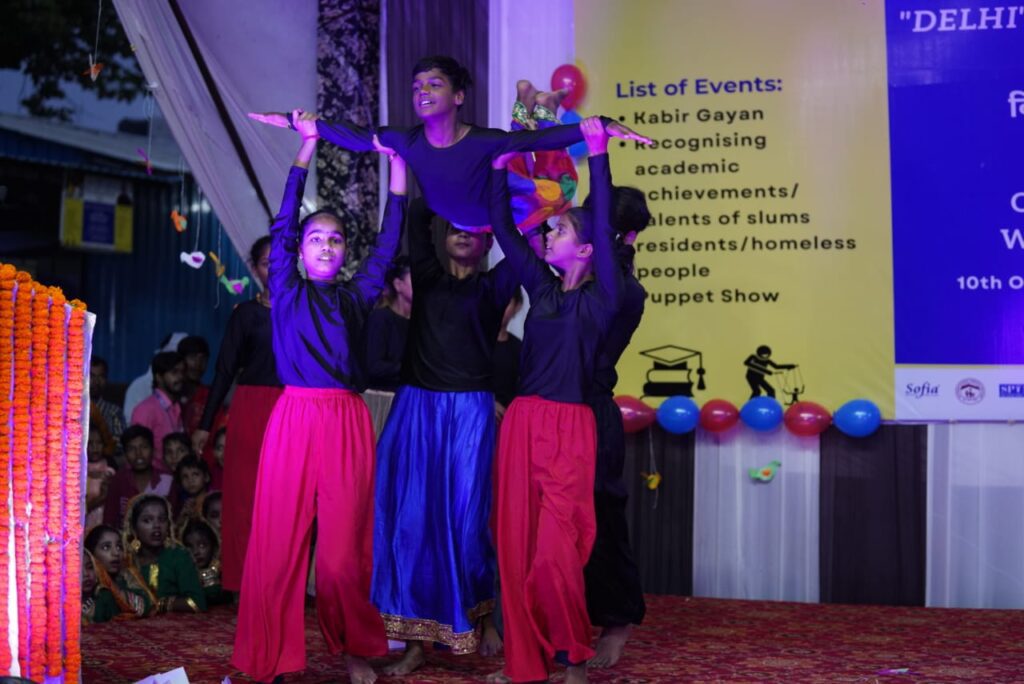
The second objective was to showcase the achievements of the homeless people living in slums and night shelters both. Mr. Mahesh said that there are people from amongst them who are qualifying and topping the service commission examination despite facing lots of challenges.
“There is a person deployed as income tax officer and then there are people who are consistently scoring 90% and more in their academics. There are also beautiful painters and performers who reside in these areas. So, we provided them with a platform where they could showcase their talents,” he said.
BASTI VIKAS KENDRA & NIGHT SHELTERS
DUSIB also operates Basti Vikas Kendra that are basically the focus areas inside slums, wherein, developmental activities such as vaccination, education program for elderly, etc., are carried out. In the night shelters, they organized activities such as yoga camps, pledge for fundamental duties, vaccination program, medical camps, cleanliness and tree plantation activities, painting competition, drug awareness and much more, during the week-long festival.
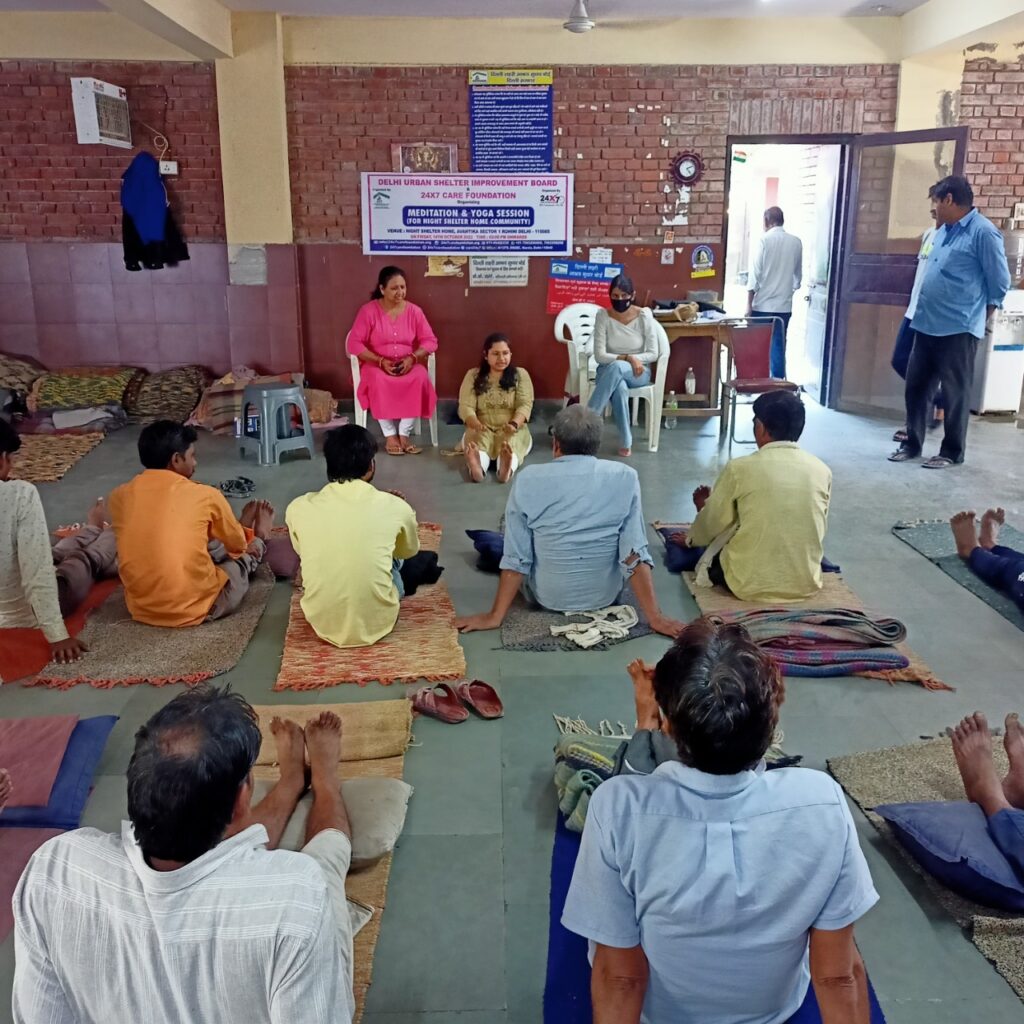
“Our focus was also on the fundamental duties, as there is lack of its knowledge among general public. So, we wanted to involve the night shelter residents, to make them aware about their constitutional duties as well as to see what innovative things they come forward with for improving the shelters,” Mr. Mahesh said.
The festival also included screening of feature films such as – Ghode Ko Jalebi Khilane Le Ja Riya Hoon, Slumdog Millionaire, Bombay – Our City, dance, mimicry, poem recitals, skits by homeless children from Delhi shelters and dance by artists from Kathputli Colony.
FIRST OF ITS KIND
This was the first time that DUSIB organised such a festival for the slum people. “We believe that it is a good initiative to begin with. Though homelessness is not something to be celebrated, by restricting our week-long activities to sensitization, we made a good beginning,” Director DUSIB, Praveer Kumar Singh, said.
Yoga & Meditation session with the homeless residing in DUSIB Shelter Home at Modi Mill—as a part of Delhi Slum Festival.#DelhiHomelessWithDUSIB pic.twitter.com/Awj1fbjico
— DUSIB (@dusibdelhi) October 12, 2022
He further said that slums in Delhi have unique challenges in comparison to other parts of the country. So, they wanted to somehow give voice to the residents of slums, so that they could decide what kind of facilities they want within a limited budget. “Priorities can differ from people to people. Some will ask for toilets as a first priority while a good hospital in the vicinity can be a second priority for them. So, it helps to have a feedback mechanism, so that they can freely tell us what they want and can also supervise the work themselves in their slums.”
The festival came to an end on 16 October and, seeing its success, it is likely to be an annual feature from now onwards.

